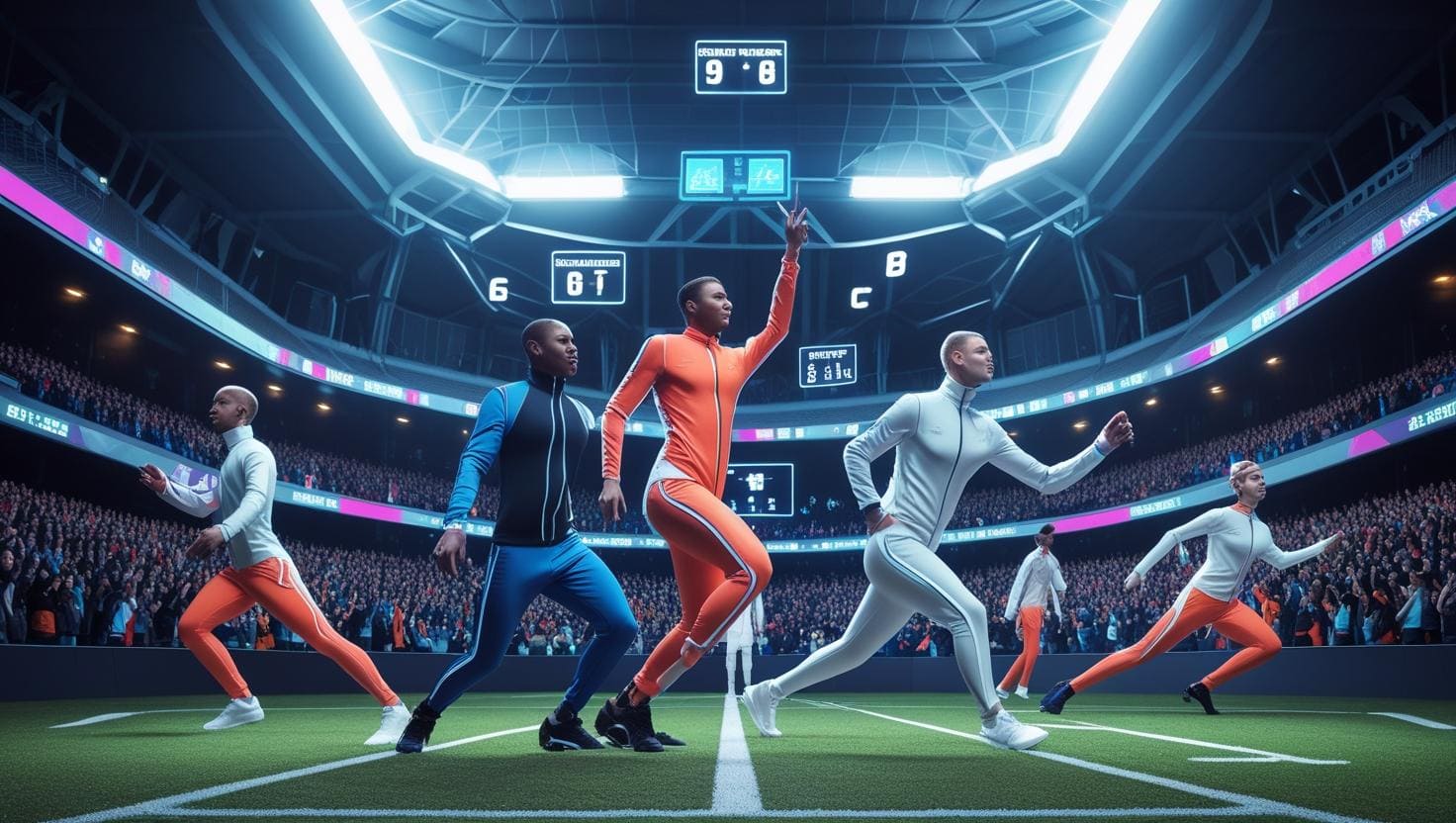The Champions League 2025 is more than just dazzling goals, fierce rivalries, and iconic stadiums — it’s also becoming a showcase of cutting-edge technology and data analytics that are revolutionizing the beautiful game. As football evolves, clubs, players, coaches, and even fans are witnessing a digital transformation like never before.
🧠 AI-Powered Performance Analysis
Teams in the 2025 Champions League are leveraging Artificial Intelligence (AI) to analyze vast amounts of player data in real time. From tracking sprint speeds and heart rates to predicting fatigue and injury risks, AI tools give coaching staff a competitive edge. Wearable tech embedded in kits and GPS trackers feeds data into systems that suggest personalized training regimens, optimize substitutions, and even forecast performance dips before they happen.
🎯 Tactical Insights Through Predictive Analytics
Modern football strategy is no longer just about instinct; it’s driven by numbers. Predictive analytics tools simulate match scenarios based on historical data and current form. Coaches now rely on these tools to refine formations, counter specific opponents, and develop micro-strategies for every 10-minute interval. In 2025, software can analyze thousands of prior Champions League games in seconds to spot unseen patterns and weaknesses.
🏟️ Smart Stadium Experiences
Stadiums hosting Champions League fixtures are now smarter than ever. High-definition cameras and AI vision systems track every movement on the pitch. This doesn’t just help VAR decisions — it powers immersive fan experiences. Smart screens show heat maps, passing accuracy, and xG (expected goals) in real-time. Fans in the stands or at home enjoy deeper insights, bringing them closer to the strategic side of the game.
📊 Enhanced Scouting and Recruitment
Gone are the days when scouts relied solely on live observation. AI algorithms now sift through data from thousands of players globally to identify hidden gems. These systems consider technical ability, injury history, tactical fit, and even psychological traits. Some clubs have successfully used AI to sign breakout stars who’ve made an immediate impact in the 2025 Champions League.
🎮 Virtual Reality (VR) and Augmented Reality (AR) in Training
Elite clubs now use VR to replay and relive match moments from a first-person perspective. Players can “step into” critical moments to make better decisions the next time. AR overlays are also used on training grounds to simulate live match conditions — helping players anticipate movement, pressure, and spatial dynamics more effectively.
🤖 Refereeing and Fair Play
AI-assisted refereeing has significantly improved fairness and accuracy. Advanced computer vision systems now detect offsides within milliseconds, flag handballs accurately, and provide refs with a real-time second opinion. The Champions League 2025 has witnessed fewer controversial decisions, raising the standard of the game.
🌍 Fan Engagement and Personalized Content
Clubs are using AI to create personalized content for millions of fans worldwide. From tailored highlight reels to custom merchandise suggestions, data analytics ensures that every fan feels uniquely connected to their favorite team. Virtual avatars, AI-generated commentary, and localized content are redefining how fans experience the Champions League.
🏁 Conclusion
The 2025 Champions League is a testament to how deeply technology and AI have penetrated football. From improving player performance to enhancing the fan experience, the fusion of sport and science is creating a smarter, fairer, and more engaging game for everyone.





